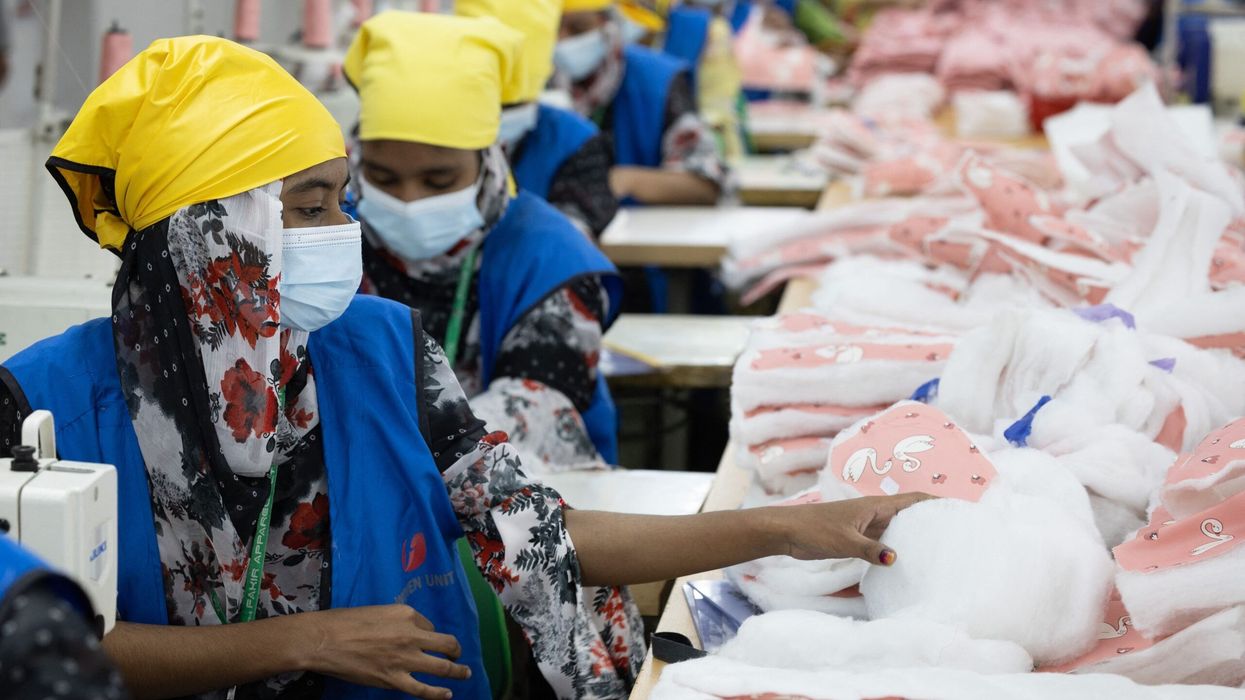MOST garment factories in Bangladesh reopened on Tuesday (7), a day after violent protests over a pay hike left one worker dead and several others injured, officials said.
Bangladesh, one of the world’s largest garment producers and a supplier to western brands such as H&M (HMb.ST), Zara (ITX.MC) and Carrefour (CARR.PA), has been facing widespread protests in recent weeks, leading to the closure of dozens of factories.
The protests have worsened an already significant production backlog caused by recent political turmoil and devastating floods, industry insiders said. “Most of the factories are open today, and everything is going well so far,” said Abdullah Hil Rakib, senior vice president of the Bangladesh Garment Manufacturers and Exporters Association (BGMEA).
He added only five or six small factories remain closed, as they were unable to clear payments.
Rakib said that unrest persists in the sector, largely due to certain groups spreading rumours and taking advantage of the worsening law and order situation.
He urged the government to enhance security measures, as some factory owners are unable to operate due to vandalism and ongoing disruptions. “Stronger security is essential to keep production running smoothly and protect our industry,” Rakib said.
A labour ministry official said that a separate review committee is currently assessing the industry’s capacity to revise the wage structure and is expected to submit a report soon. The government is also reviewing police cases filed against workers to ensure they are not subjected to harassment, the official added.
Garment factory owners have called on the government to take immediate steps to restore order and ensure the safety of their operations, as the unrest threatens to disrupt an industry that accounts for more than 80 per cent of the country’s export earnings.
Last year, Bangladesh was ranked the third-largest exporter of clothing globally, after China and the European Union, exporting $38.4 billion (£29.3bn) worth of garments in 2023, according to the World Trade Organization.
The ongoing unrest comes at a critical moment for Bangladesh, as its interim government, led by Nobel Peace Prize laureate Muhammad Yunus, has taken control following Sheikh Hasina’s ouster.
The former prime minister fled to India in early August after the deadliest violence in Bangladesh since its independence in 1971, which claimed over 700 lives.
Industry leaders have warned that if the unrest continues, global brands may shift production to other countries.




